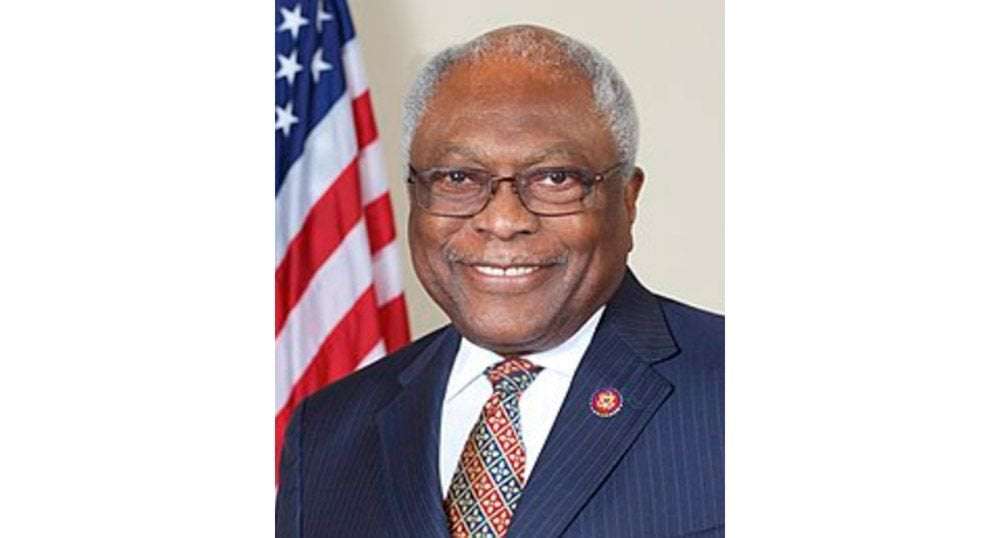As advertised, House Majority Whip James Clyburn (D-S.C.), joined by Sen. Amy Klobuchar (D-Minn.), has re-introduced a bill to close the digital divide by connecting everyone to the internet at high speeds--1 Gig is the goal.
"Internet access will have the same dramatic impact on rural communities as the rural electrification efforts in the last century," Clyburn tweeted of the bill, which he previewed at the INCOMPAS virtual conference last month. "This pandemic has further widened the digital divide and exposed the urgent need to enact the Accessible, Affordable Internet for All Act," said Clyburn.
It may be affordable, but the price tag for the government will be $100 billion.
Also Read: Dems Push Billions for Distance Learning
Clyburn, who created the Rural Broadband Task Force, has said he has lined up support in the House and Senate for his bill.
“Internet for All is more than a goal, it’s a moral imperative," said Chip Pickering, CEO of INCOMPAS and himself a former member of the House. "Together our nation can and must, extend the power of faster more affordable internet access to every American family. The “Internet for All” legislation will create jobs today and make a bold investment in a better future filled with more competition, innovation and opportunity for all."
Also Read: LIFT Act Would Invest $100 Billion-Plus in Broadband

everytimeidavid on March 12nd, 2021 at 00:08 UTC »
No, I’m not about subsidizing ISP’s if they can still operate monopolies, and be a for profit business. Either you highly regulate prices, and standards or you cannot give those companies money.
Lemesplain on March 11st, 2021 at 23:47 UTC »
We just need to stop the half measures and make internet connectivity a public utility.
The big ISP Companies could potentially still exist. They would just have to start actually doing things to justify their existence. Maybe they could handle the DNS side of things, or provide their own cloud storage, or video streaming services or whatever. Get creative.
But municipalities need to own the wires, and consumers need to be free to swap ISPs, assuming they continue to exist at all.
JEFFinSoCal on March 11st, 2021 at 23:19 UTC »
I thought we already paid for this? What do we do this time when the ISP's just take the money and don't actually provide broadband access? Issue a firmly worded press release?